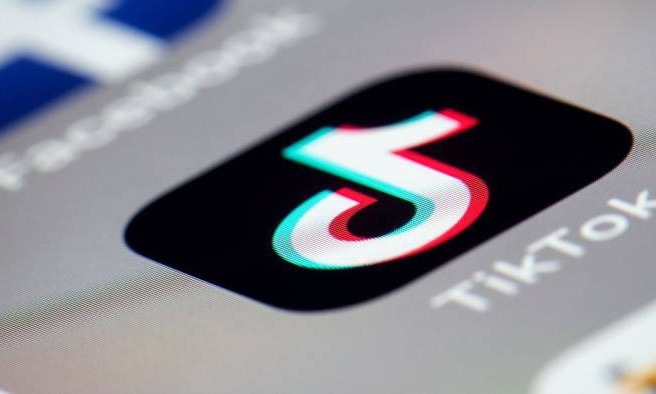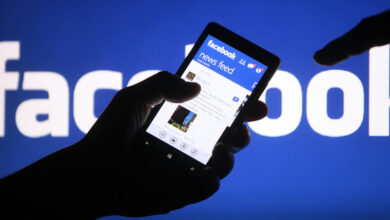US opens national security investigation into TikTok: sources

The US government has launched a national security review of TikTok owner Beijing ByteDance Technology Co’s $1 billion acquisition of US social media app Musical.ly, according to three people familiar with the matter.
While the $1 billion acquisition was completed two years ago, US lawmakers have been calling in recent weeks for a national security probe into TikTok, concerned the Chinese company may be censoring politically sensitive content, and raising questions about how it stores personal data.
The Committee on Foreign Investment in the United States (CFIUS), which reviews deals by foreign acquirers for potential national security risks, has started to review the Musical.ly deal, the sources said. TikTok did not seek clearance from CFIUS when it acquired Musical.ly, they added, which gives the US security panel scope to investigate it now.
The sources requested anonymity because CFIUS reviews are confidential.
Below are key facts about TikTok that competes with the likes of Snap Inc’s Snapchat and Facebook Inc’s Instagram and Lasso.
What is TikTok?
TikTok allows users to upload short videos with special effects, many of whom dance, jump and lip-sync to pop songs and music in the app. The app also offers easy-to-use editing tools, so users can simply edit the videos via their cellphones.
It is one of the world’s most popular apps with more than 1 billion downloads globally, according to analytics firm Sensor Tower, becoming the first Chinese-developed consumer app to achieve international scale.
The app currently ranks fourth behind Facebook, Instagram and Snapchat as the most used social app in the US Google Play Store, according to researcher SimilarWeb.
The app has especially created a buzz among US teenagers. Around 60% of its 26.5 million monthly active users there are aged between 16 and 24, the company said earlier this year.
What is behind TikTok’s popularity?
TikTok’s success in the US market can be largely attributed to its acquisition of the lip-synching app Musical.ly in 2017.
Its features and users were later added to TikTok platform, and the deal helped TikTok’s US monthly active users increase by 30 million in the three months after the merger, according to app tracker Apptopia.
What is the criticism against TikTok?
US Senator Marco Rubio in early October asked a US national security panel to review TikTok owner Beijing ByteDance Technology Co’s acquisition of Musical.ly, arguing that TikTok was being used by the Chinese government to censor politically sensitive content.
In a letter requesting the review, Rubio noted that despite Hong Kong protests dominating international headlines for months, “the app only had a few videos” of the protests.
Facebook’s Chief Executive Mark Zuckerberg later weighed in, saying the app censored political protests.
TikTok denies that China censors its content, saying it is “not influenced by any foreign government”.
What other regulatory challenges does it face?
In February, ByteDance agreed to pay a $5.7 million fine to the Federal Trade Commission in the United States over TikTok’s illegal collection of personal information from minors.
In India, a local court ordered the federal government to temporarily ban new downloads of TikTok in April, saying the app was encouraging pornography and could expose children to sexual predators.
How important is TikTok to ByteDance?
TikTok is ByteDance’s most successful platform outside China.
The seven-year-old startup, which sources say was valued at $78 billion late last year, also owns Chinese news aggregator Jinri Toutiao, meaning “Today’s Headlines”, as well as a domestic version of TikTok, known as Douyin.
It launched an overseas version of Jinri Toutiao, called TopBuzz, in 2015. However a person close to the company says it is now exploring a sale of that platform.
ByteDance booked revenue of 50-60 billion yuan ($7 billion to $8.4 billion) in a better-than-expected result for the first half of this year, Reuters reported in September citing people familiar with the matter.
TikTok, also popular in India, Britain, France, Australia and Canada, is in the early stages of making money, while Douyin generates advertising fees, one of the sources said.







